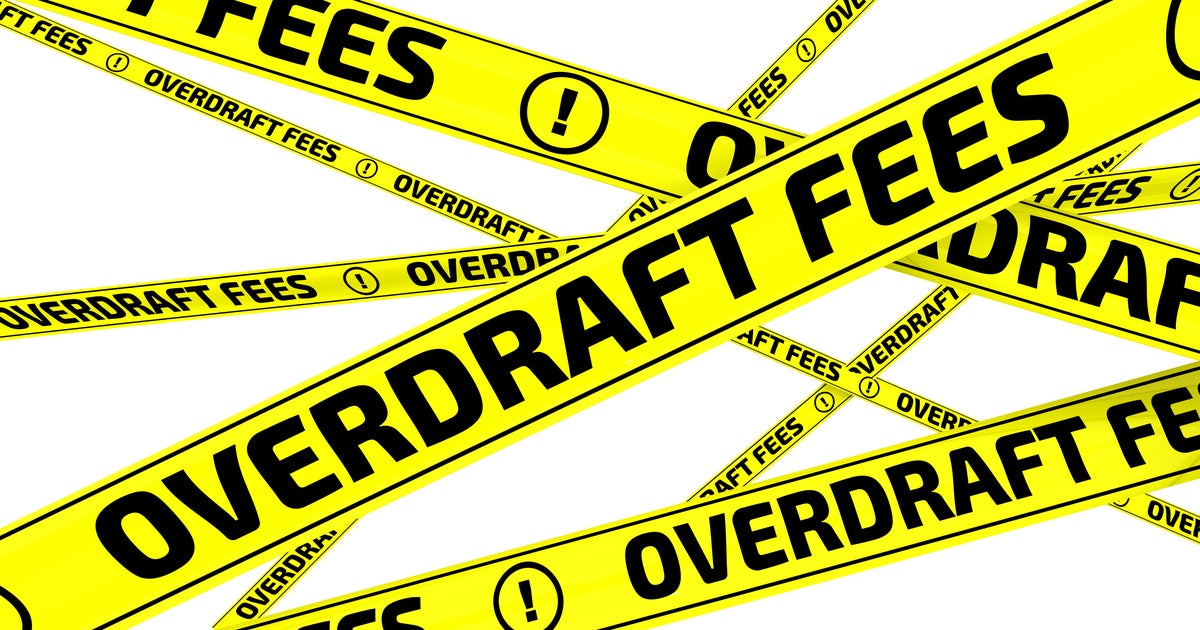
Regions Bank to repay customers $141 million in illegal overdraft fees
CBSN
For the second time in a decade, Regions Bank was found to have charged illegal overdraft fees, the government said Wednesday, in a settlement that will require the bank to repay $141 million to customers and pay an additional $50 million in fees.
In an investigation, the Consumer Financial Protection Bureau found that between 2018 and 2021 Regions was charging overdraft fees on some ATM withdrawals as well as some debit card purchases, even after the Alabama-based bank told the customers they had enough funds in their account to cover the transactions.
The CFPB also found that Regions' executives knew the error in their systems was occurring, but held off making adjustments to their practices until the bank could find ways to replace the revenues lost from the fees. The agency said overdraft and non-sufficient funds fees — otherwise known as a bounced check fee — were roughly 18% of the bank's non-interest income in 2019.
